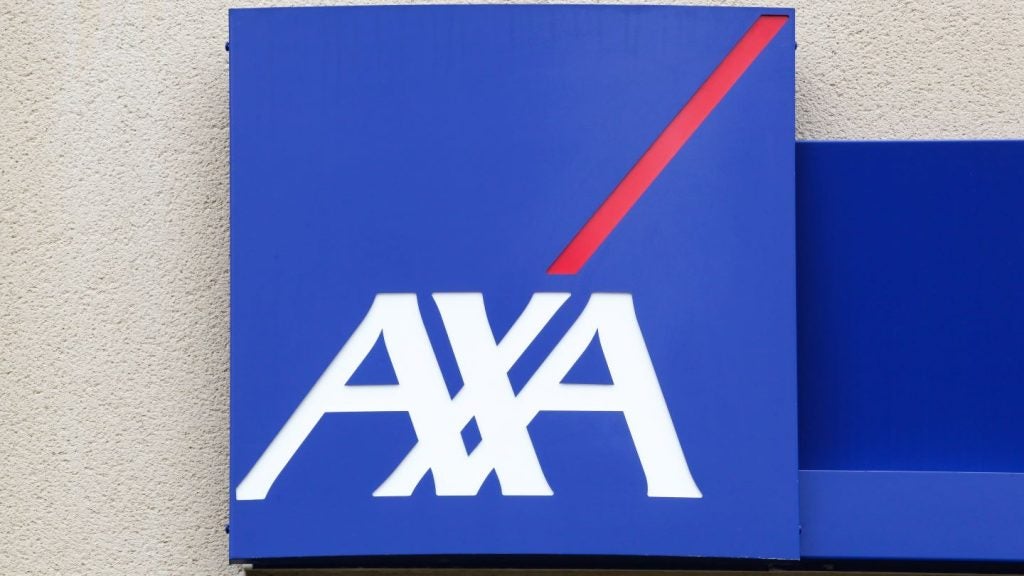Norwegian bancassurer Storebrand has embarked on
what is, relative to its current equity base, a mega-acquisition.
While the deal would give Storebrand major positions in Sweden’s
occupational pension and life insurance markets, immediate reaction
from equity market investors has been negative.
In a cash deal valued at almost two-thirds more
than its current shareholders’ equity, Norwegian insurer Storebrand
Livsforsikring (Storebrand) is to acquire a number of Swedish bank
Svenska Handelsbanken’s (Handelsbanken) life insurance and pensions
units for NOK15.3 billion ($2.32 billion). The key entity
Storebrand is acquiring is SPP Livforsakring (SPP) and its
subsidiaries, which include pension advisory firm SPP Liv
Pensionstjnst.

Access deeper industry intelligence
Experience unmatched clarity with a single platform that combines unique data, AI, and human expertise.
Storebrand will also acquire Handelsbanken Life and Pensions, a
Dublin-based unit offering companies pension plan solutions, and
SPP Fonder, an asset management unit with assets under management
(AuM) of SEK57 billion ($8.3 billion). In addition, Storebrand has
a two-year option to acquire Handelsbanken’s remaining occupational
pension business, Handelsbanken Liv.
“The transaction brings leadership in Nordic life and pensions,
increased scale with continued clear strategic focus, reduced risk
profile and enhanced growth prospects; this is a truly transforming
transaction for Storebrand,” said its CEO, Idar Kreutzer.
Despite this upbeat message, reaction to the deal has been mixed.
Handelsbanken’s share price rose 7.8 percent and Storebrand’s fell
7.8 percent on the day of the announcement, 3 September.
Occupational pensions market

US Tariffs are shifting - will you react or anticipate?
Don’t let policy changes catch you off guard. Stay proactive with real-time data and expert analysis.
By GlobalDataBoth Storebrand and Handelsbanken placed particular emphasis on the
significance the deal held in the Nordic occupational pensions
market in which the two companies have agreed to work in close
collaboration. The deal would create the largest occupational
pensions group in the Nordic countries and would lead to Storebrand
and Handelsbanken collaborating in areas such as product
development and risk management. Handelsbanken’s mutual funds will
also be part of Storebrand’s occupational pensions offering on the
Swedish and Norwegian markets.
“I know people often talk about win-win situations but this time it
is really relevant; this is an excellent deal for everyone
concerned,” said Handelsbanken CEO Pär Boman.
SPP was acquired by Svenska Handels-banken in 2000 as a mutual
company and was demutualised on 1 January 2006. In 2006 SPP
reported premium income of SEK7.4 billion, of which SEK4.3 billion
was from conventional life insurance and SEK3.1 billion from
unit-linked business. At the end of June 2007, SPP had AuM of
SEK155.7 billion, of which SEK94.5 billion were traditional life
assets, SEK31.0 billion unit-linked assets and SEK30.2 billion
mutual funds.
In 2006, according to Storebrand, SPP held a 10.3 percent share of
the Swedish occupational pensions market, a 3.5 percent share of
the private pension market and a 12.6 percent share of the life
insurance market.
Storebrand noted in the first half of 2007, SPP generated a 26
percent increase in annual premium equivalent sales compared with
the first half of 2006. Growth, said Storebrand, was driven by
increased marketing, re-establishment of broker channel
distribution and “attractive underlying market conditions”.
Storebrand is already one of Norway’s three largest composite
insurers and, according to the company, holds a 39 percent share of
Norway’s occupational pensions market. In the life insurance
market, Storebrand held a 27.6 percent share in 2005, according to
Norway’s statistics service, Statistics Norway.
Storebrand’s total premium income in 2006 was NOK16.6 billion while
AuM totalled NOK217 billion. The addition of SPP and other
Handelsbanken units would, based on their premium income in 2006,
have boosted Storebrand’s total premium income to NOK27 billion
last year, said Storebrand.
Storebrand noted that the purchase price of the Handelsbanken units
would be reduced to NOK13.6 billion subject to Swedish regulatory
approval for a special dividend of NOK1.7 billion to be paid by SPP
to Handelsbanken prior to closing of the transaction. Storebrand
added that the net purchase price of NOK13.6 billion would
represent a multiple of 1.1 times estimated market consistent
embedded value of the acquired entities and 14.4 times their
annualised earnings in the first half of 2007. Storebrand’s total
shareholders’ equity stood at NOK9.277 billion as at 31 March
2007.
Financing of the purchase price of between NOK13.6 and NOK15.3
billion would be by way of a rights issue valued at between NOK9
and 10.7 billion and a bridging loan of NOK4.6 billion, said
Storebrand. Both the rights issue and loan would be underwritten by
investment banks JPMorgan and UBS.
Ratings response
The first reaction from a rating agency came from Moody’s Investor
Services, which affirmed its current ratings of Storebrand.
However, Moody’s did express certain reservations. “Given the size
of SPP relative to the existing Storebrand Group, the proposed
acquisition poses a meaningful integration risk,” said Dominic
Simpson, a Moody’s vice-president and senior credit officer and
lead analyst for Storebrand.
Furthermore, continued Simpson, “substantial management action is
likely to be required to reverse SPP’s declining market share in
recent years”. He added that the acquisition would, in Moody’s
opinion, likely suppress profitability levels for the combined
group, as measured on a return on equity basis in the short to
medium term.
On a positive note, Simpson said the enhanced geographic and
product diversification Storebrand would achieve with SPP’s 10.3
percent occupational pensions market share in Sweden, the
conservative funding structure and the friendly nature of the deal
“act as strong mitigating factors”.
Storebrand noted that it has undertaken a thorough integration
planning process and already has an integration management
structure in place. Full integration of Handelsbanken’s units with
Storebrand is expected to have been accomplished within a year from
completion of the transaction.
Of the financial impact, Storebrand said the transaction is
expected to be marginally accretive for its earnings per share
(EPS) in 2008 and more than 5 percent EPS accretive in 2009,
including cost synergies and tax benefits before amortisation of
the acquired value-in-force and other deal-related intangible
assets. Including the amortisation of the value-in-force and other
deal-related intangible assets, the transaction is expected to be
about 10 percent EPS dilutive in 2009.







